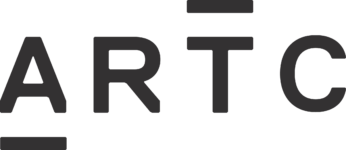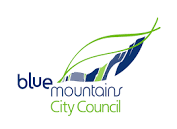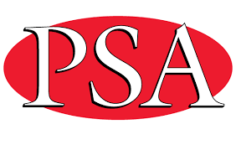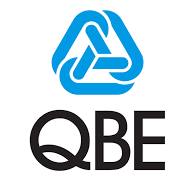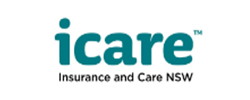
Nam Baldwin
World-Renowned Breathing and Mindset Coach
Discover the secrets of high-performing leadership with our exclusive program, delivered by top experts from the world of high-performance sports and corporate leadership. This unique experience offers unparalleled insights into the principles and practices that drive championship-winning teams and how these same practices can be used to elevate your wellbeing and performance. Designed specifically for leaders who are looking to create an engaged, healthy and productive workforce in this new working environment, this program will empower you with:
The workshop will be delivered through an engaging and interactive framework that increases engagement in the techniques provided and elevates the implementation process for leaders through their workplaces.
Don’t miss this opportunity to learn from the best and elevate your leadership game to new heights.
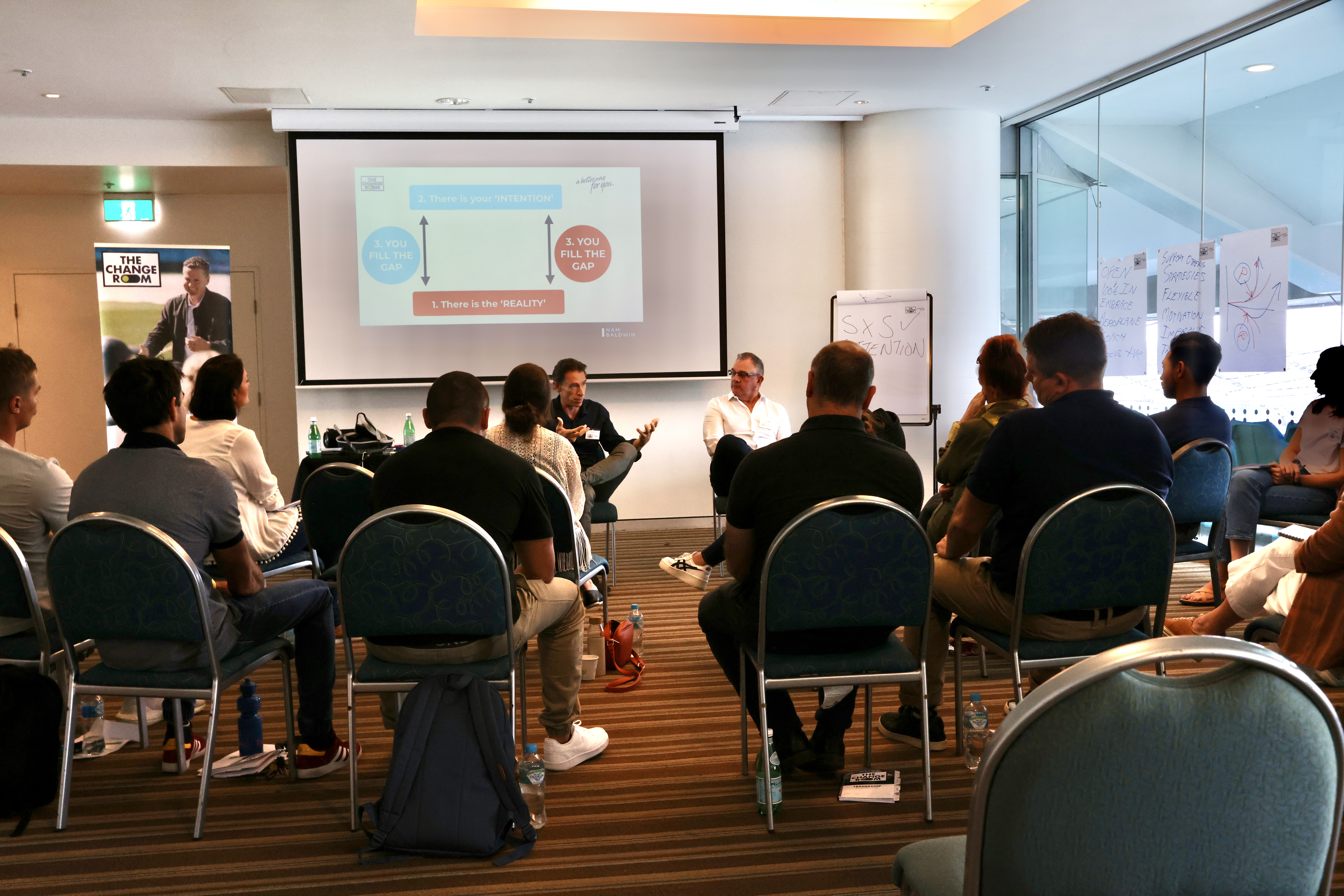
Discover your unique leadership style and gain insights into how your thinking preferences shape your leadership approach.
Discover high performance practices that improve your decision making and communication under pressure.
Learn practices used in elite sports that improve wellbeing, resilience, happiness and productivity.
Learn strategies to foster strong team cohesion, enhance communication, and leverage diverse talents within their teams.
Successful teams feel safe to voice their opinions and value feedback. Learn techniques to create an atmosphere where people feel valued and motivated to contribute their best efforts.
Discover how the leadership practices of our Fist Nations people can enhance inclusivity, engagement, and performance for everyone.
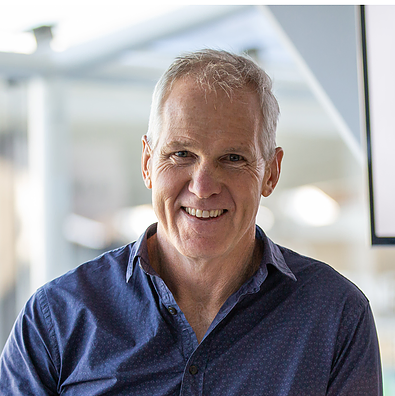



Our focus on day 1 is to provide the tools for leaders to explore their personal leadership style and develop techniques that build their ability to perform under pressure and recover effectively.
Day 1 starts at 1pm and concludes at 8pm with dinner and networking included in the schedule.



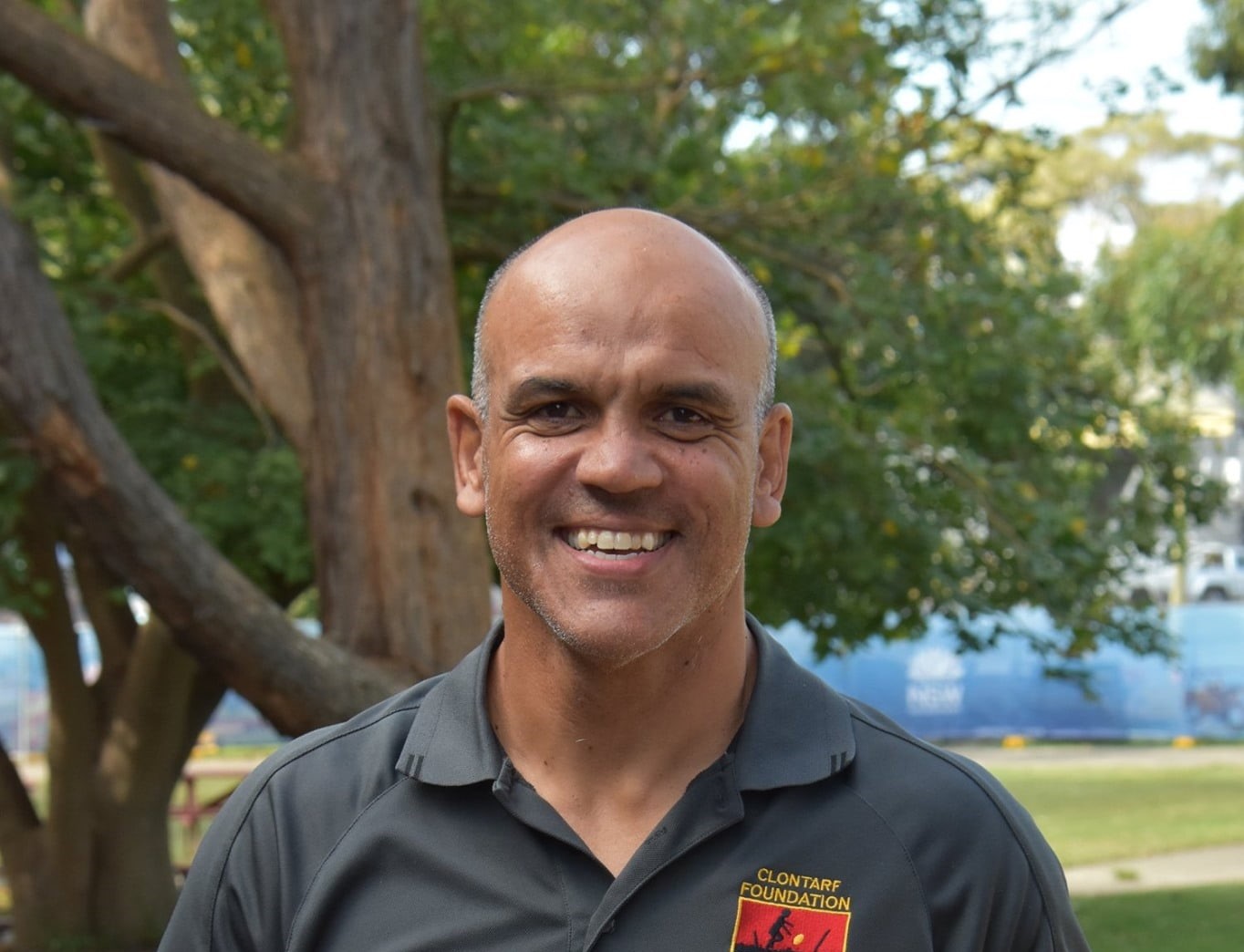
Our focus on day 2 is to provide the tools for leaders to explore techniques that will elevate how they lead their team and improve the culture and performance of their workforce.
Day 2 culminates in the development of a Personal Plan Development to improve the engagement with your workforce. Each participant will develop a personalised plan to implement in their workforce, ensuring the practical application of workshop learnings to their unique organisational context.
Day 2 starts at 9am and concludes at 4:30pm.


The key objective for our leadership workshop is to provide your leaders with the techniques and capability to implement change across their workforce.
The follow up webinar is delivered 4 weeks after the in person sessions and is a key component to helping your leaders through the implementation of techniques and practices into their workforce.
This interactive webinar elevates accountability from your leaders to implement new techniques and practices they have developed to improve the workplace. We will explore the following key areas in a structured group webinar
RESERVE YOUR SPOT
